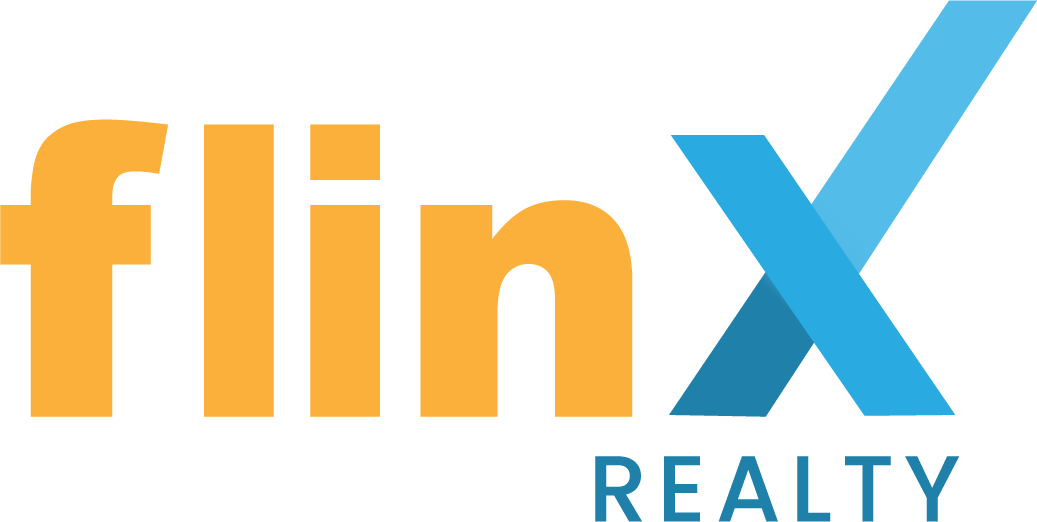
When it comes to owning property in Nigeria, one of the most confusing aspects for buyers and investors is the difference between leasehold and freehold ownership. Whether you’re a first-time buyer, a real estate investor, or just curious, understanding these two legal terms is crucial. In this post, we’ll break down the key differences between leasehold and freehold property in Nigeria, the implications of each, and how to make the right decision.
What is Freehold Property in Nigeria?
Freehold ownership means that the buyer has outright ownership of the land and the property built on it in perpetuity. Simply put, if you purchase a freehold property, the land is yours forever, subject to the laws of the state and payment of taxes and dues.
Key Features of Freehold Property
- Perpetual ownership: You own the land indefinitely.
- Full rights of use: You can lease, sell, develop, or transfer ownership at will.
- No renewal is needed. Unlike leasehold, you don’t have to worry about tenure renewal.
- Higher value: Freehold lands are generally more expensive due to their permanent nature.
- Location-sensitive: More common in non-state capital cities or in areas with less government control.
What is Leasehold Property in Nigeria?
Leasehold means you’re leasing the land for a fixed number of years, xx years from the government or an original owner (sometimes referred to as the freeholder). You own the building or improvements made on the land, but not the land itself.
Key Features of Leasehold Property
- Fixed-term ownership: Typically xx years (renewable).
- Land belongs to the government: You only have rights to occupy and use.
- Governor’s consent required: For transfers, subleases, or assignments.
- Renewal fees may apply: Especially if the lease is nearing expiration.
- Common in urban areas: Especially in cities like Lagos and Abuja where the government owns major land parcels which means that leasehold is more prevalent in high-demand urban areas due to government regulation and planning. For example, most land in Lagos State is leasehold.
Pros and Cons of Leasehold and Freehold
The choice between leasehold and freehold depends on your goals. For residential ownership and long-term security, freehold is recommended, while for commercial ventures or short-term flips, leasehold might be sufficient.
Leasehold
Pros:
- Generally more affordable upfront, making it easier to purchase initially.
- Easy to access, especially in densely populated urban environments.
- Well-suited for short- to medium-term investment strategies.
Cons:
- Ownership is limited to a specific tenure and may require renewal, sometimes at a cost.
- The land is still under government control and subject to certain conditions.
- Obtaining the Governor’s consent (a legal requirement in many states) can delay transactions.
Freehold
Pros:
- Offers long-term security as you own the land outright.
- Gives you greater freedom and control over how the property is used.
- Tends to have a higher resale value and can build more equity over time.
Cons:
- Rare and harder to find, especially in major cities.
- Typically involves a higher purchase price.
- Although you own it, it’s still subject to government oversight under the Land Use Act.
Final Thoughts
Whether you’re buying land in Lagos, developing property in Abuja, or investing in a new estate in Ibadan, understanding the real difference between leasehold and freehold in Nigeria is key to avoiding legal trouble and maximising your investment. Always conduct proper land searches, consult a qualified real estate lawyer, and confirm the title status before making any purchase.


